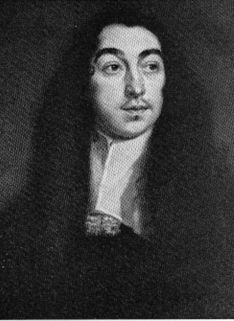

English composer. Sang at Exeter Cathedral under Edward Gibbons. Traveled to the Netherlands in the 1640s, perhaps with exiled royalists; returned to England by 1651, possibly living near Hereford; collaborated with Christopher Gibbons on Cupid and Death(1653; rev. 1659), supplied music to several of Davenant's dramas, and was associated with figures such as Playford, Henry Lawes, and Christopher Simpson. Became royal composer-in-ordinary and composer for wind and violin music upon the Restoration in 1660; provided music for the coronation of Charles II in 1661, and was named organist to the queen in 1662. A difficult and vindictive personality, he was embroiled in many controversies in his later years; nonetheless, among his intimates was Purcell, who succeeded him as composer-in-ordinary and whom he influenced substantially. His extensive oeuvre includes anthems, motets, and services along with songs, dramatic works, and dance music.